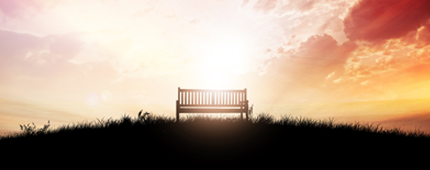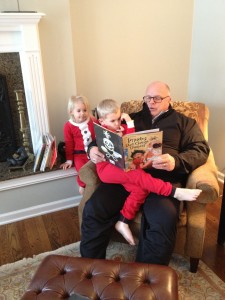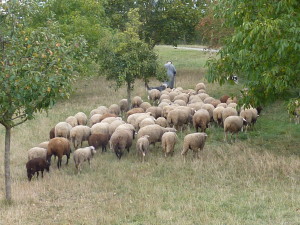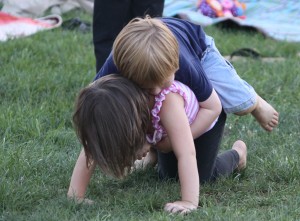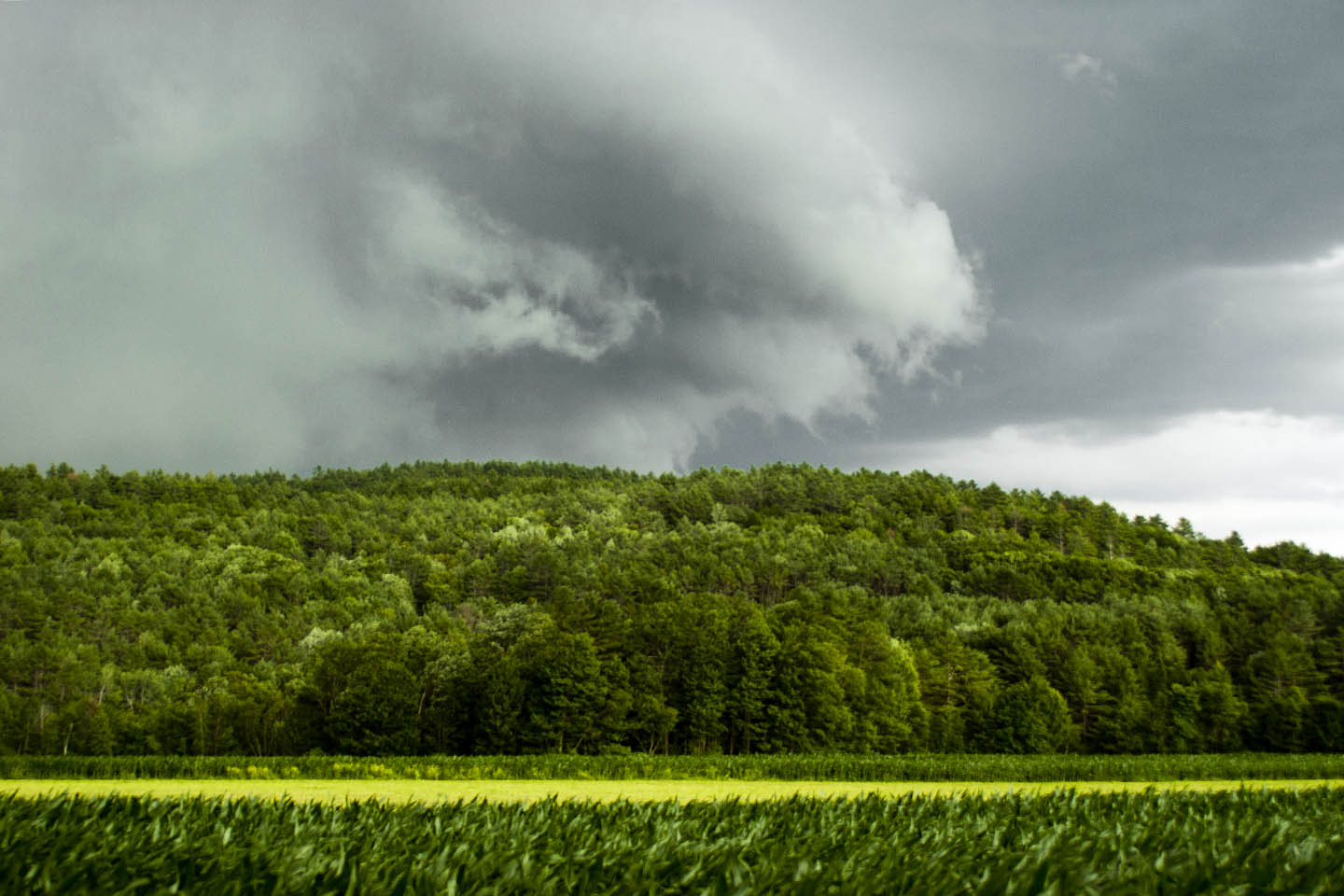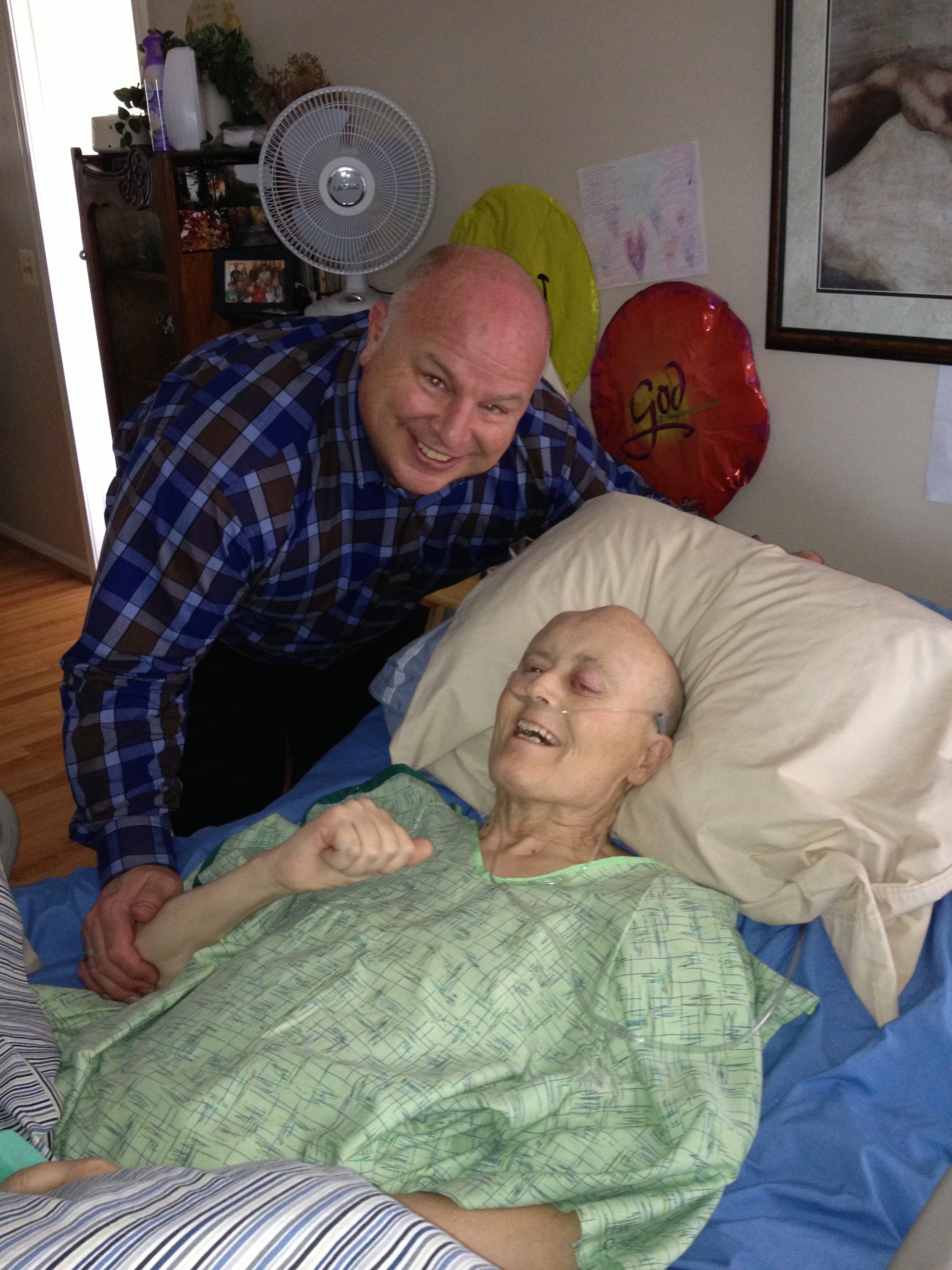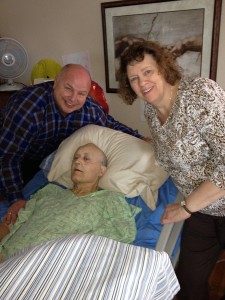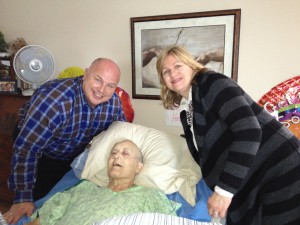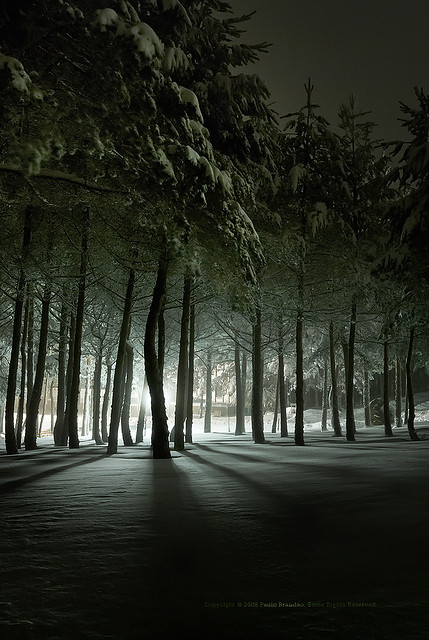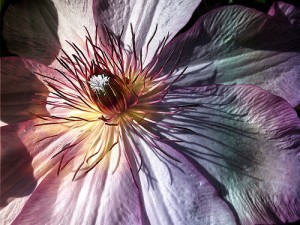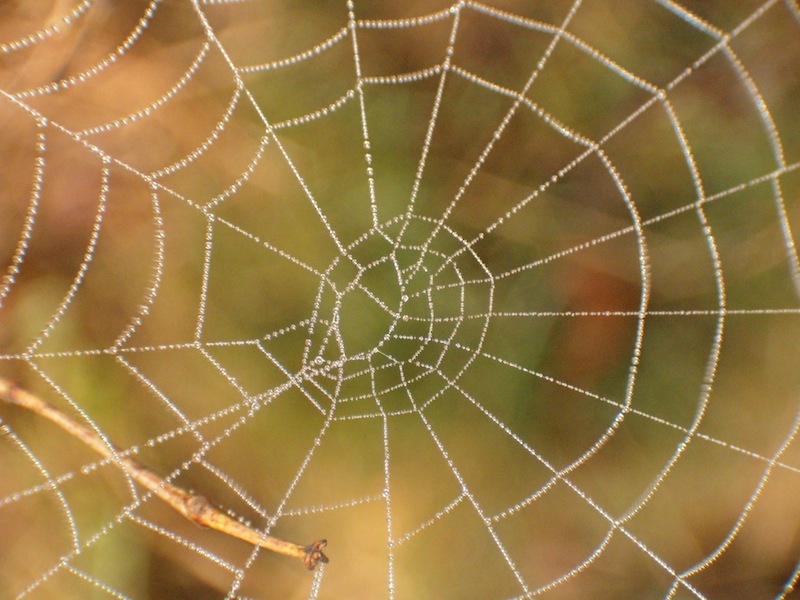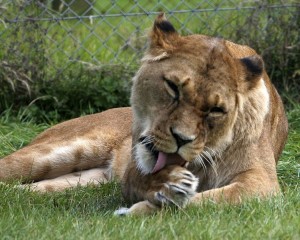Trust: The Foundation of Faith | A Series by Dr. Rich Blue of the Center for Christian Life Enrichment on Faith and Spirituality
Trust is like breath to life. It is foundational to how we view ourselves, others and God. Trust is vital in the process of authoring our sense of safety, belonging, meaning, and purpose. Trust is like a muscle that expands when exercised and atrophies through lack of use. Trust is not a gift. It is a choice. It is our responsibility to cultivate our capacity to trust. The path of transformation is lined with repeated choices to trust and take the next right step in our quest for wholeness.
We exercise trust all the time. I trust that a chair will hold me, that my car will start, that my phone will work. Relationships are built or broken based on trust. I trust that you will see me, accept me, tell me the truth, value me, and forgive me. Whenever something we trust does not go as expected, we experience a breach of trust. This breach often triggers a sense of panic and the release of many painful emotions including fear, anger, hurt and sadness.
Faith is the artery of our relationship with God. Trust is a key component of faith that empowers individuals to make sense of and face the unknown. People of faith continuously exercise trust and as a result, mature into their next level of development. Faith comes from the Latin, fidere, to trust. It is defined as confidence, reliance, and belief, especially without evidence or proof.
The development of trust is critical to a life of faith. If as children we learn that we cannot trust those we depend on, then, as adults we will live in a lasting state of fear and anxiety. Early childhood breaches of trust undermine children’s facility to live rich and rewarding lives. Individuals traumatized in childhood will often be unwilling to take the risks necessary to develop and mature into self-actualized adults.
Continually choosing to trust is one of the basic workouts in a life of faith. To enhance our development of trust, we seek out those who will encourage us to explore and experiment with new things. The courage to step out into the unknown and repeatedly take risks promotes the development of faith. The challenges associated with a life of faith include risking failing, getting hurt, facing disappointment, experiencing rejection, and venturing into the unknown. Authentic faith thrives in an environment of risk, mystery, and uncertainty.
Religious people are often more concerned about avoiding sin than learning how to walk by faith. Moralism along with its bedfellow perfectionism is poisonous to the emergence of faith. Faith fails to grow in a culture of fear and performance. Moralism leads to the diminishing of our lives because we become increasingly unwilling to try anything that might lead to making mistakes or getting in trouble. Living with the mistaken belief that my worth or belonging is contingent upon my performance promotes a “works oriented” mindset. My worth, value, and acceptance depend too much on looking good and fitting in..
Living a life of faith in which we risk trusting is the path to the abundant life that Jesus spoke of[1]. Every moment is an opportunity for us to learn, grow, and become more of who we can be. We are not growing as we could if we are not taking risks and occasionally falling short. Without risking failure, we are not stretching into our potential of who we are capable of becoming. I believe we have been entrusted with gifts that will only come to maturity through our willingness to risk living with and learning from our mistakes.
[1]John 10:10
